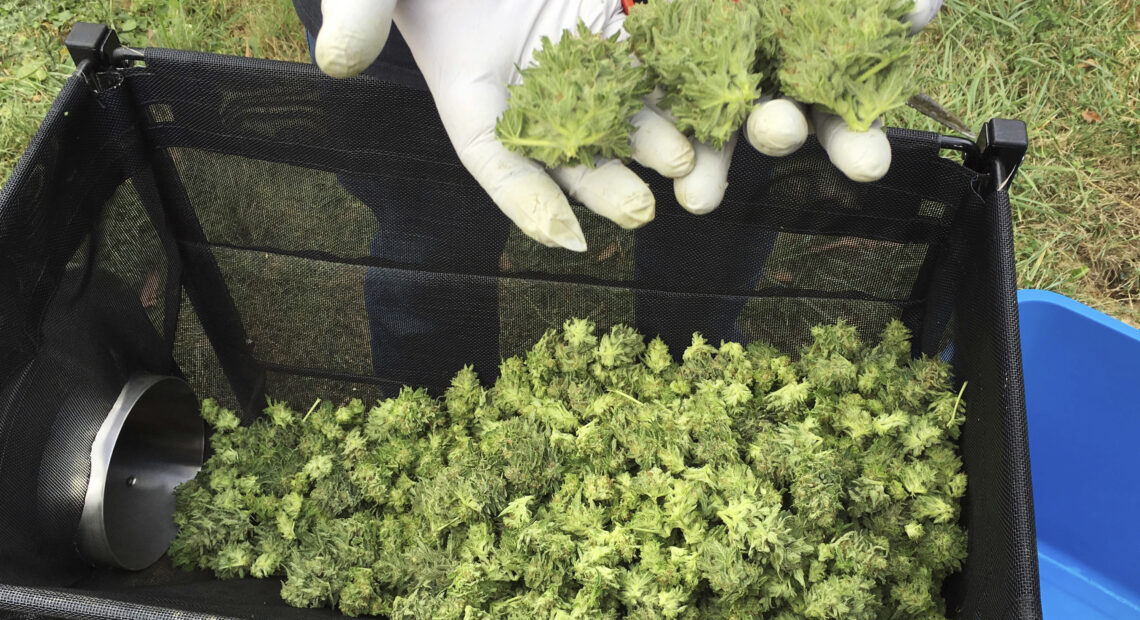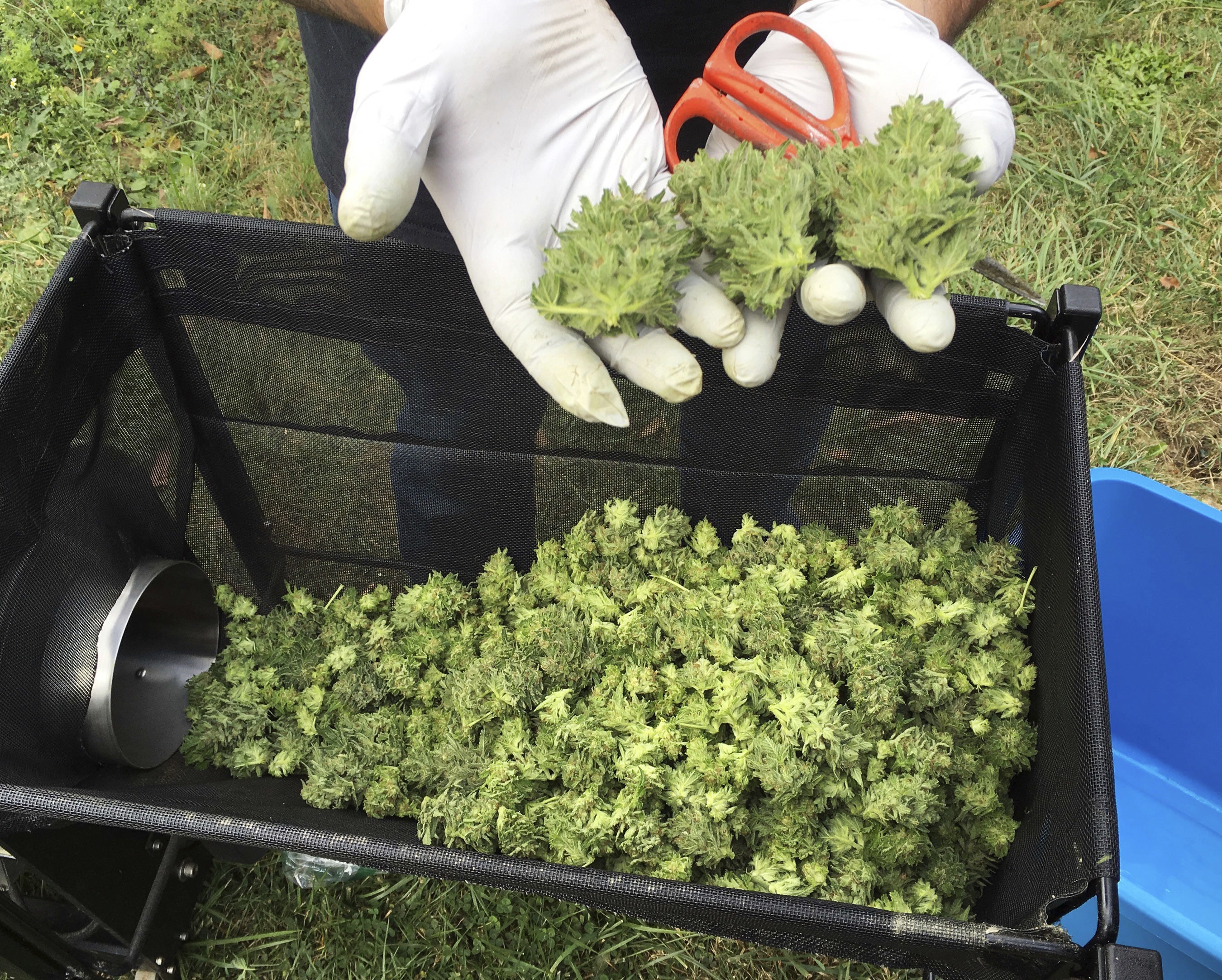
New bill would create minimum $420 fine for pot possession in Idaho
Listen
(Runtime 1:10)
Read
Idaho is one of the last states in the West resisting the fight to legalize cannabis.
Every state that touches Idaho, except Wyoming, has legalized marijuana – recreationally, medically or both. Washington, Oregon, Montana and Nevada allow recreational marijuana. Utah allows the use of medical marijuana for people who have a medical cannabis card.
If passed into law, the new bill in Idaho would impose a minimum mandatory fine of $420 for possessing less than three ounces of pot.
“The fine is a cruel joke on the patients who already have to practice ‘medical tourism’ in order to buy the medicine that works for them,” said Joe Evans, treasurer of the Kind Idaho political action committee.
The goal of the Kind Idaho campaign is to obtain 62,896 signatures by April 14 to get the Idaho Medical Marijuana Act on the 2024 November ballot.
Malheur County, Oregon across the state border from Idaho, brought in more than $100 million in cannabis sales in 2022, the most after Multnomah County which is where Portland is. Despite accounting for less than 1% of Oregon residents, the county had more than 10% of the state’s cannabis sales.
The town of Ontario, Oregon, in Malheur County is about an hour drive from Boise, which is Idaho’s capital and its largest city.
Moreover, there are big sales in marijuana products along the border in other Washington and Oregon towns, according to a report from the Oregon Office of Economic Analysis.
“That’s a significant amount of money with regards to transactions, industry, growth, harvesting and the final retail step,” Evans said.
Allowing medical marijuana in Idaho could keep marijuana jobs and money in Idaho, and significantly reduce medical and healthcare costs in a number of areas, Evans said.
Evans is an Army veteran who did three combat tours in Afghanistan and a combat tour in Iraq. He said he believes in cannabis as a treatment for post-traumatic stress disorder (PTSD).
As a kidney cancer survivor, Evans also said many people use medical marijuana to maintain their appetite while going through chemotherapy treatment.
“We’ve seen stories about it being used to help epilepsy patients, and these are just the ones we know about,” Evans said.
Studying the effects of marijuana means getting approval from the Drug Enforcement Agency and the Federal Drug Administration.
The Medical Marijuana Cannabidiol Research Expansion Act imposed new requirements on the DEA to expedite registration for marijuana research on its potential to treat conditions such as epilepsy and marijuana’s effects on the adolescent brain.
Despite 38 U.S. states allowing medical marijuana and 24 states allowing recreational use, Idaho isn’t budging.
“In Idaho, marijuana possession is illegal,” said Idaho Republican Representative Bruce Skaug, who introduced the bill to the Idaho Legislature. “House Bill 606 merely sets a minimum fine amount for misdemeanor possession.”
Marijuana is considered a Schedule I substance under current Idaho law. Existing misdemeanor penalties in Idaho mean anyone caught possessing less than three ounces of marijuana could face federal prison of up to a year and a $1,000 fine. Possessing more than three ounces is considered a felony, and if convicted, could mean five years in prison and a $10,000 fine.
The new legislation would impose a new minimum fine ensuring no less than $420 for possessing less than three ounces of cannabis.
“A magistrate judge asked me to set a minimum fine by statute for consistency in sentencing,” said Skaug in an email statement about this proposed bill.
In 2022, President Joe Biden issued a statement saying he was looking into reclassifying marijuana under federal law, but there have been no changes yet.
















